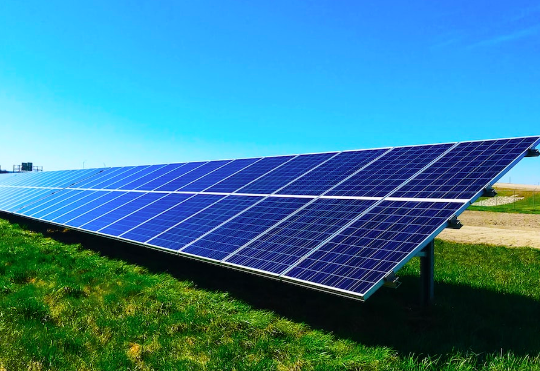A report by Deloitte Touche Tohmatsu reveals that sales of electric cars in India will rise to 1.6 million units in FY25 and surge to 15.3 million units by 2030, according to the Business Standard. Given electric cars have the potential to eliminate carbon emissions, buying one is key to reducing your carbon footprint.
Unfortunately, buying an EV for the first time can be challenging. There are many factors to consider, such as the price, insurance rates, and charging options. To make your EV buying experience smooth, consider implementing smart buying habits that save you money, like budgeting. Keep reading to learn a few budgeting tips for electric vehicle purchase.
Get to Know the Different EV Types
Understanding how different electric vehicles function and their costs helps you create a realistic budget for your purchase. Depending on your driving needs, you can choose to buy a battery electric vehicle, fuel cell electric vehicle, hybrid electric vehicle, or plug-in hybrid electric vehicle. Each EV option has unique characteristics. For example, a hybrid electric vehicle (HEV) has an electric motor and internal combustion engine, meaning it runs on both electric power and gasoline.
Battery electric vehicles, on the other hand, guarantee zero emissions because they rely on electricity only to function effectively. The prices of EVs also vary from one type to another. For instance, you’ll spend more money on a fully electric vehicle than on a hybrid electric vehicle. While battery electric cars are expensive, they’re ideal for reducing your impact on the environment.
Factor in Cost of Charging
When budgeting for an electric car, it’s important to understand the difference between an EV vs gas-powered car, from driving to charging and refueling, and maintenance. Typically, driving an EV means you don’t need to visit a gas station. However, you need to consider when and where you’ll be charging your EV. There are several charging options available for EV owners. You can choose to buy a home charging unit to reduce range anxiety.
If you choose to install a home charging system for your EV, your first option will probably be a fast charger. The only disadvantage of fast EV chargers is they are expensive. So, your best option will be a standard, slow charging unit. You could also charge your car from an electric outlet in your home. If charging an EV at home doesn’t seem workable, you can recharge your car from a public charging facility. Whatever charging option you choose, make sure you account for the costs in your budget.
Don’t Overlook Maintenance and Insurance Costs
Electric vehicles have fewer moving parts than conventional automobiles, meaning they are low maintenance. But EVs still require routine maintenance to prevent mechanical breakdowns that could result in costly repairs. Besides accounting for maintenance, consider the cost of insuring your electric vehicle. Since electric vehicles come with a higher price tag than gas-powered automobiles, expect to pay more for insurance premiums. Car experts suggest researching EV insurance options, then choose one that meets your needs at affordable rates.
Owning an electric car is a sure way to minimize your carbon footprint and save money on fuel. However, to enjoy the benefits EVs offer, you must budget for your electric vehicle purchase carefully. When budgeting for an EV, factor in the type of electric automobile you intend to drive, charging costs, maintenance fees, and insurance premium rates.

Krishna Murthy is the senior publisher at Trickyfinance. Krishna Murthy was one of the brilliant students during his college days. He completed his education in MBA (Master of Business Administration), and he is currently managing the all workload for sharing the best banking information over the internet. The main purpose of starting Tricky Finance is to provide all the precious information related to businesses and the banks to his readers.




